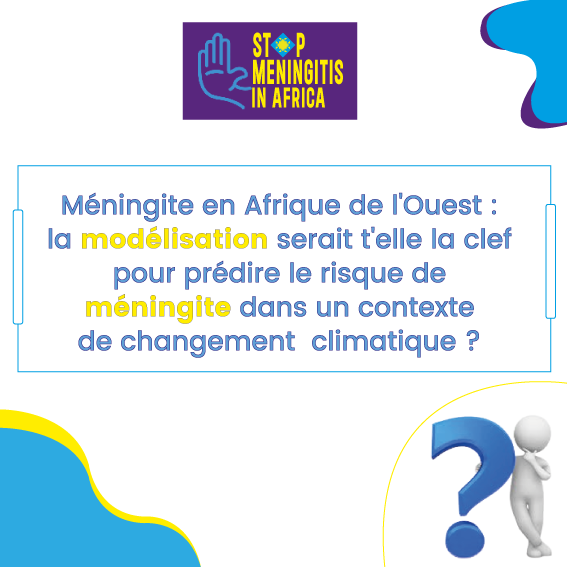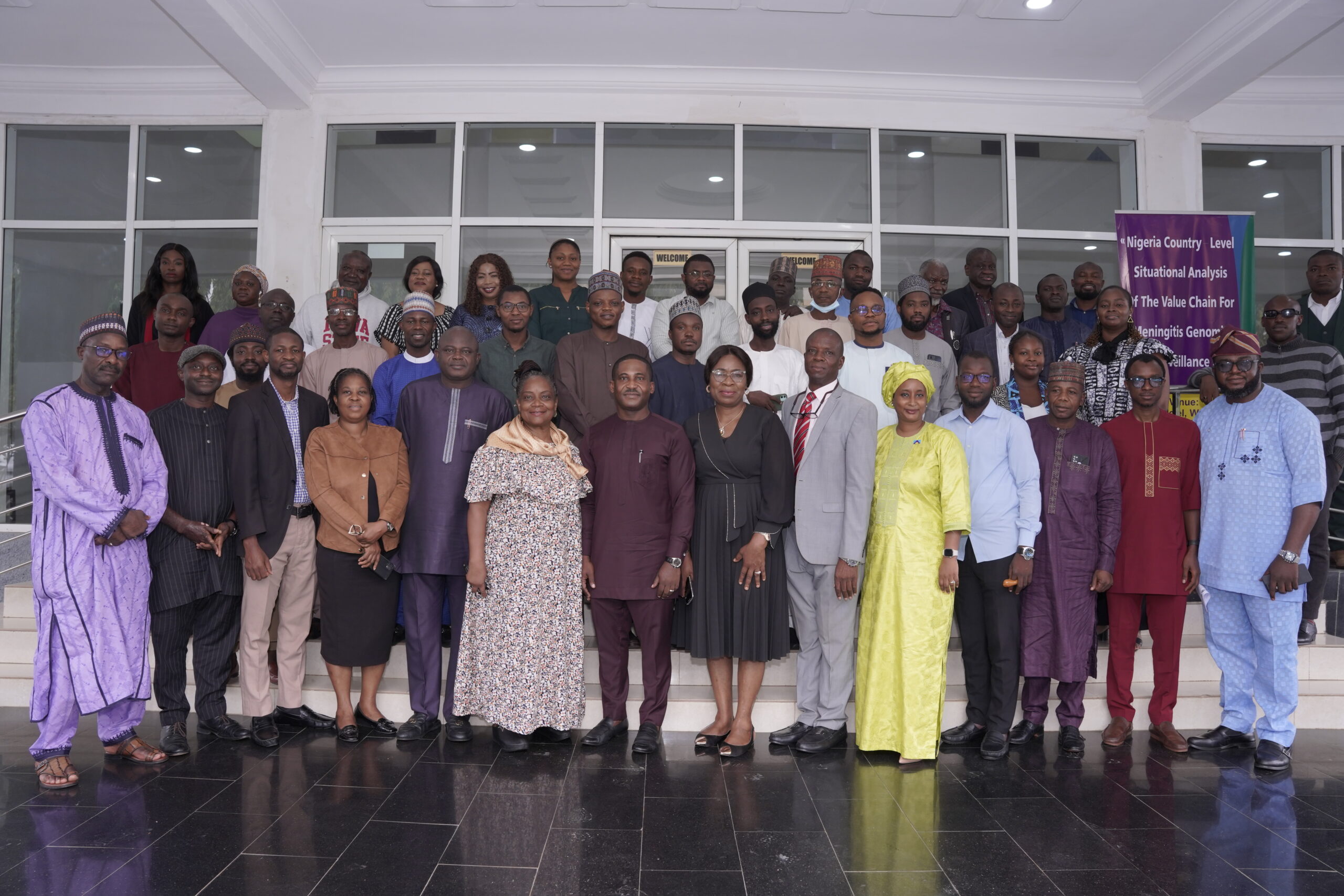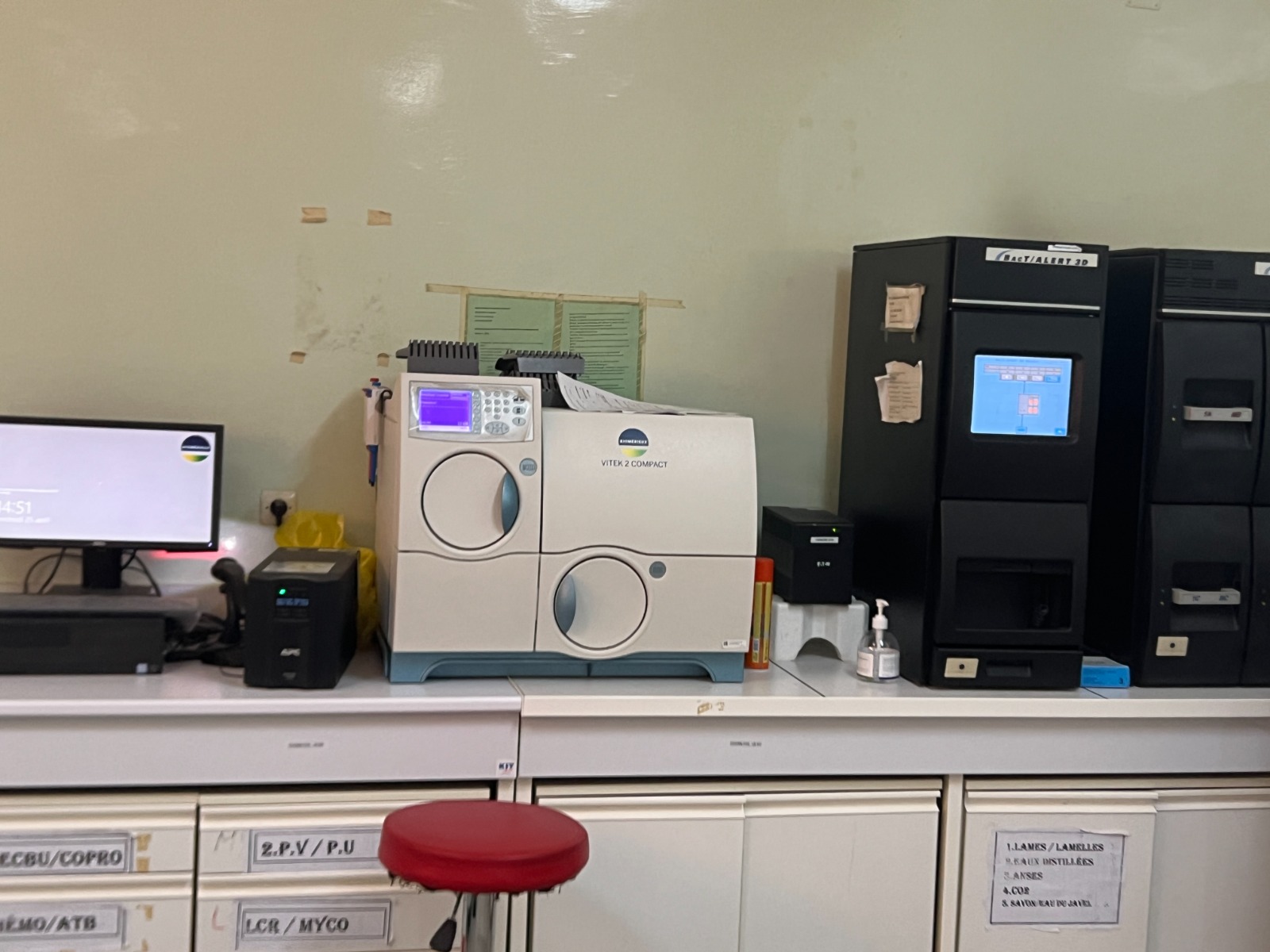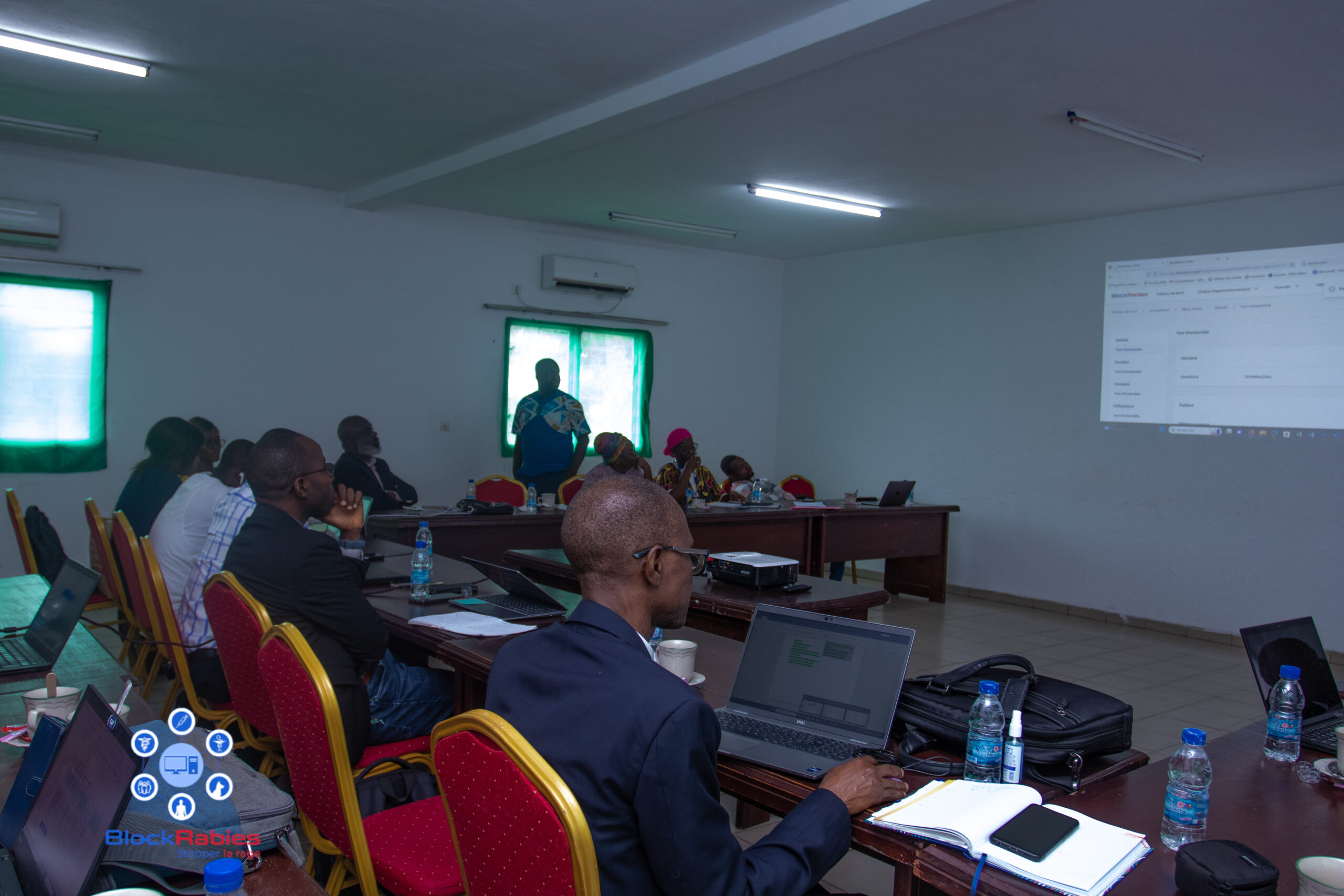The pan-African program of scientific research and capacity building on the “one health” approach called Afrique One-ASPIRE held its closing meeting from June 23 to 25, 2022 in Yamoussoukro, Côte d’Ivoire. At the official opening of this scientific meeting, Prof Inza Koné, Director of the Swiss Center for Scientific Research, host institution of the program, expressed his pride in having hosted Afrique One-ASPIRE. “As an institution, we are proud to have hosted such an important pan-African project.”
Launched in 2016 with the aim of strengthening the capacities of African researchers and practitioners on the “one health” approach in order to better address diseases that are transmitted from animals to humans (zoonoses), Afrique One-ASPIRE has trained more than 72 researchers at master’s, doctoral and postdoctoral levels from different disciplines (epidemiology, social sciences, biology, veterinary sciences, etc.) on the use of the one health approach in research aimed at the control and elimination of diseases such as such as rabies, brucellosis, tuberculosis, mycobacterial infections and nutritional diseases.
“The One Health approach is the integration of academic and non-academic knowledge from disciplines, sectors and communities that adds societal value (public health, animal health and environmental health). Thanks to this approach, it was possible for us to access knowledge that could not have been discovered if researchers worked in silos, without the collaboration of other sectors (human, animal and environmental health) and local communities. », Professor Bassirou Bonfoh, director of Afrique One-ASPIRE.
The researchers gathered for the occasion presented the knowledge and advances obtained through the operationalization of the “one health” approach. These include the development of an inexpensive tool for storing rabies vaccine at room temperature, making vaccination campaigns possible without electricity in hard-to-reach areas. We also note the identification of a new diagnostic tool for tuberculosis, knowledge of the interspecific distribution of brucellosis and diagnostic means, the establishment of links between infectious diseases and non-communicable diseases (diabetes , hypertension) through nutrition and the potential of food types in the management of neglected tropical diseases (eg chronic wounds).
“This experience shared during these years while benefiting from a grant to implement my research project allowed me to develop my career project. During this program, we were able to benefit in particular from a set of supports both in the writing of scientific documents, the conduct of research and in terms of supervision. In addition to funding, Afrique One – ASPIRE has also allowed us to expand our network, to exchange with researchers from other horizons and to share their experience, to acquire a little more experience in order to be able to implement different programs that can relate to different themes. The program also allowed us to carry out our activities in transdisciplinarity, through the “one health” approach, through exchanges with other scholarship holders from different disciplines such as sociology and medicine”, Wilfried Oyétola, Scholarship holder of Afrique One – ASPIRE since 2017.
A visit to the Burili Ulcer Treatment Ward at Taabo Hospital on the afternoon of June 24, 2022 presented a practical case of applying the One Health approach in the research for the control of Buruli ulcer, a disease that causes sores on large areas of the skin. At Taabo, the group of researchers includes sociologists, doctors, economists and nutrition specialists. The collaboration with the communities and the authorities has made it possible to know and deconstruct the beliefs linked to the disease, to stimulate the early referral of patients to the hospital and to identify foods capable of reducing the healing time of wounds.
“According to the WHO, more than 75% of epidemics and pandemics that have affected humans over the past decade have originated from animals or animal products. It turned out that the actions to fight against these diseases showed limits when they only considered the medical aspect. This is where the One Health approach is promising with its dynamic of transdisciplinarity and collaboration with the human, animal and environmental health sectors. We are satisfied with the work carried out by Afrique One-ASPIRE, in particular the ability to get researchers from several disciplines and regions of Africa to work together and on the same diseases and research themes,” said Prof Brian Perry, President of the scientific council of Africa One-ASPIRE.
The research work carried out within the framework of the Afrique One-ASPIRE program was made possible thanks to funding from a consortium of donors administered by the Science for Africa Foundation (SFA).
“We are pleased with the work done by the researchers from Afrique One-ASPIRE. This shows that African researchers are capable of achieving feats when there are investments in research and this, in an environment conducive to the management of funds and the practice of science”, Alphonsus Neba, Deputy Director of Programs at Science for Africa Foundation.
Next steps
“While the value of the One Health approach is globally recognized, the approach still needs to be put into practice at different scales and beyond the human-animal interface, to improve health, livelihoods livelihood and well-being of the people. The next steps being prepared will focus on building the capacity of African leaders in collective action. », says Prof. Bassirou Bonfoh.
To continue the actions started, we note the creation of an Afrique One alumni network of nearly 200 actors, stronger collaboration with the media and decision-makers for better appropriation of the research results obtained.
About Afrique One-ASPIRE
Afrique One-ASPIRE is a pan-African program of scientific research and capacity building on the “one health” approach. It is supported by a consortium of donors including the Science for Africa Foundation and the Wellcome Trust. Through the “one health” approach, Afrique One-ASPIRE has initiated a transdisciplinary collaborative work between the various actors of human, animal and environmental health, political decision-makers, civil society with a production of nearly 214 articles. scientists, a dozen policy briefs and training for nearly 12,000 practitioners on the “one health” approach. The global partnership has enabled African researchers to contribute to important advances in the understanding of transmission, control and zoonoses.








